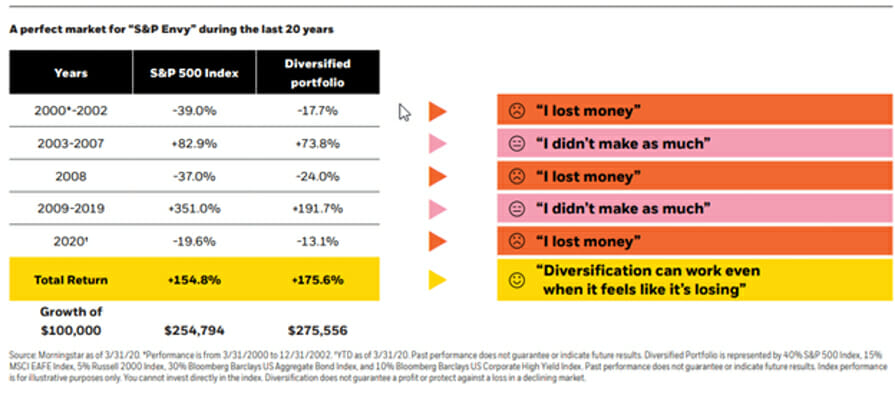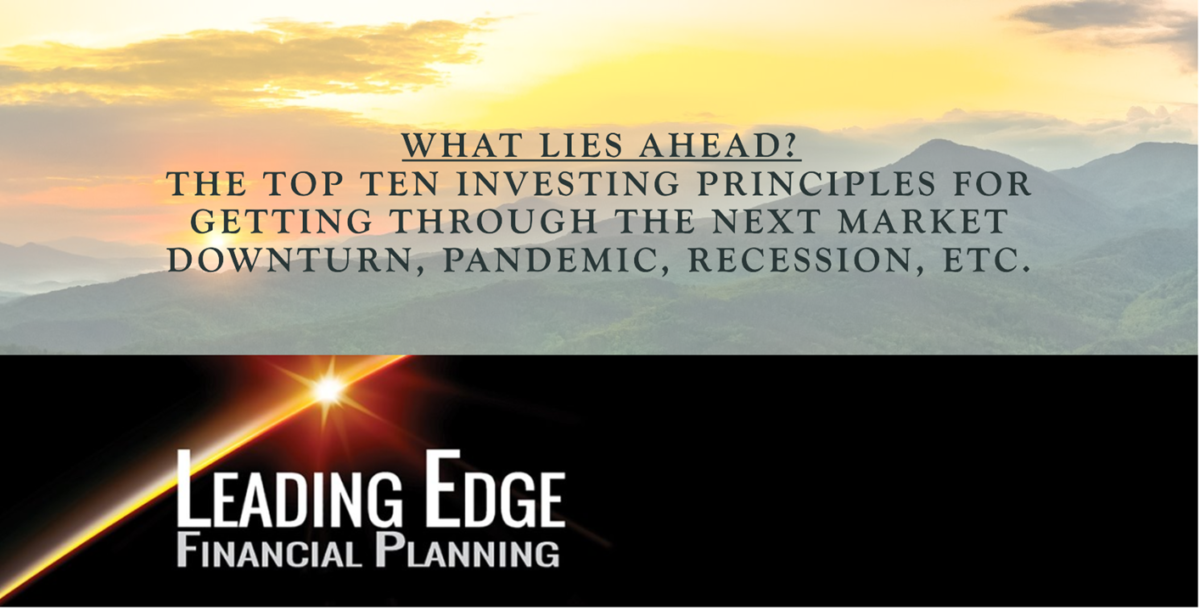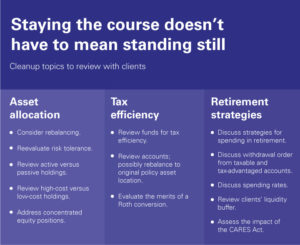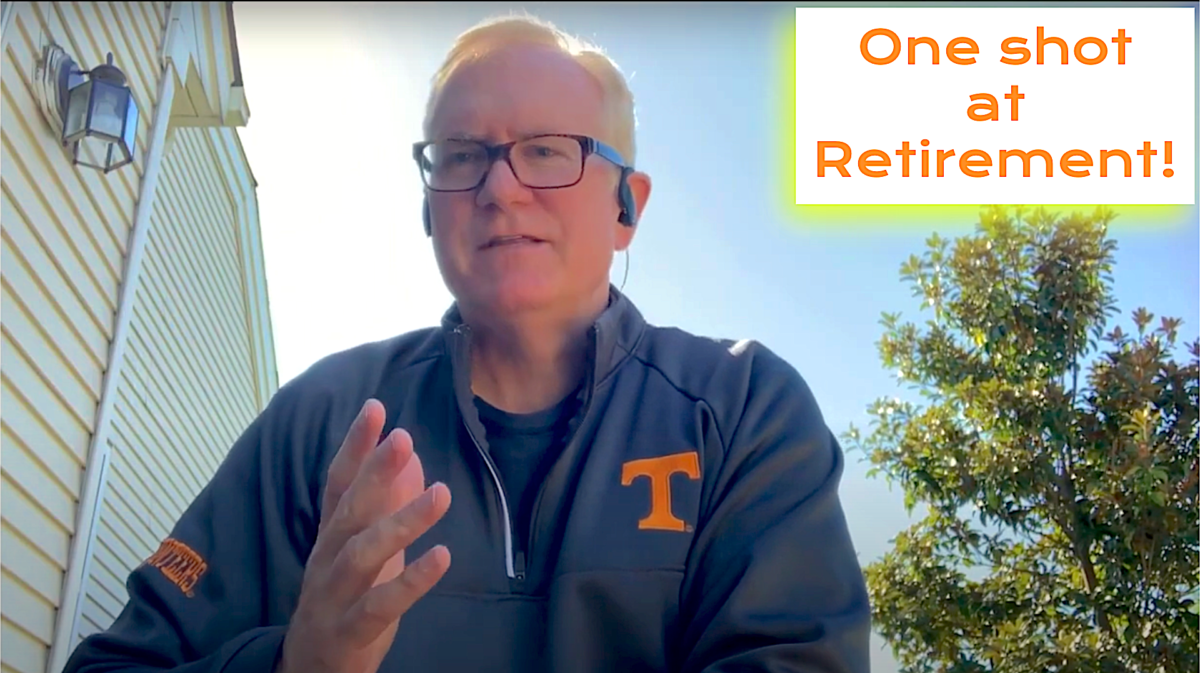If I Could Tell Every Airline Pilot One Thing…
If I could tell every airline pilot one thing it would be, save more money! I know it’s not rocket science, but like eating healthy and exercising – it’s not easy to do!
As a Certified Financial Planner professional and an airline pilot myself, I understand how saving more can be a major challenge. If you’re just starting out with the airlines, you’ll make a lot more money as your career progresses but saving the right amount is never easy! I bet you won’t be surprised to know that some of these challenges are our own – new car, vacations, airplanes … In addition to our own limitations and difficulties, the IRS caps your qualified retirement contributions annually.
Here, I’ll discuss three steps to maximize your savings and investing opportunities that will not only allow you to invest more now but can also greatly reduce your taxes in retirement.
Every airline pilot, regardless of income, can and should contribute to their non-tax-deductible IRA.
You need a taxable brokerage account in addition to your 401k and IRAs.
Build tax diversification into your savings now so you’ll potentially pay less income taxes in retirement.
Why save more?
Many airline pilots we work with have been employed by multiple airlines in their careers. Typically, this means they have had to start over with savings and investing multiple times. Furthermore, most airline pilots at major airlines made a transition from either the regionals, corporate or military careers. Most likely, those pilots took pay cuts to make the move to their major airline of choice. There are two important takeaways from this:
1) If you are a young pilot aspiring to work at a major airline, save your money now for that eventual transition, and
2) If you are a more senior airline pilot, but because of our tumultuous industry you were late to start saving for retirement, simply maximizing your qualified retirement accounts may not be enough.
Every airline pilot, regardless of income, can and should contribute to their non-tax-deductible IRA
I’ve found that some pilots with whom I’ve flown believe they make too much money to contribute to an IRA. Not true! Many pilots misunderstand the tax rules for contributing to IRAs. It is true that most airline pilot incomes are too high to contribute to a tax-deductible IRA, as well as a Roth IRA. However, anyone, regardless of income, can contribute to a non-tax-deductible IRA.
Although contributing to a non-tax-deductible IRA is beneficial, the best reason to contribute is to then convert your traditional IRA to a Roth IRA. This strategy is commonly referred to as the backdoor Roth IRA. There are no income limits on converting your traditional IRA to a Roth IRA, however there are a few things to consider before you choose to execute the backdoor Roth IRA strategy.
The process of converting your traditional IRA to a Roth IRA can be simple, but make sure you are aware of the tax rules that pertain to Roth IRA conversions. For example;
- If you already have other IRA accounts, then all or a portion of your conversion to Roth IRA could be taxable.
- One strategy to possibly avoid this taxation is to consider rolling your pre-tax IRA into your company’s 401k plan and then executing the backdoor Roth IRA the following calendar year.
- Seek advice from your financial advisor or tax professional to make sure you follow IRS guidelines and make sure to correctly document the Roth IRA conversion on your tax return.
You need a taxable brokerage account in addition to your 401k and IRAs.
There is no IRS limit to how much you can save in a taxable brokerage account. You can withdraw your money anytime without penalties and there are very few limitations on your investment choices. You will not receive a tax deduction for your contributions to a taxable brokerage account, however, these accounts have other great tax advantages.
Essentially, you can create your own tax deferral on the growth of your investments as well as enjoy lower capital gains tax rates if you invest using low cost exchange traded funds (ETFs), individual stocks or low-turnover stock mutual funds. Make sure to avoid short-term capital gains by holding your investments for at least one year. Once you withdraw or sell the investments in your taxable brokerage account you’ll pay capital gains tax rates which are typically lower than ordinary income tax rates for a retired airline pilot.
Build tax diversification now so you’ll pay less income taxes in retirement.
Sometimes we forget the entire reason for saving and investing now is to create your own paycheck during retirement. You can significantly reduce the income taxes in your retirement if you are intentional now and have a plan. Your goal should be to fill up at least three different types of investment accounts in order to increase tax diversification and potentially reduce your largest expense in retirement – taxes!
1. Pre-Tax 401k: Ordinary income tax rates upon withdrawal in retirement
2. Roth IRA and/or Roth 401k: Tax free in retirement
3. Taxable brokerage account: Capital gains tax rates
Bonus savings account: If it is appropriate for your family’s health care, consider using your airline’s high deductible health care plan so you can take advantage of the health savings account (HSA). The HSA is the only account with triple tax savings. They are tax deductible, they enjoy tax-free growth, and are tax free anytime they are used for qualified medical expenses.
One of your largest expenses (second only to taxes) in retirement will most likely be your healthcare expenses. Personally, I use my HSA as a healthcare 401k. Furthermore, once I turn age 65 I can use the funds from my HSA for any expenses with the understanding that I will pay ordinary income taxes on the gains if I use the funds for anything other than healthcare expenses.
Please reach out to us anytime. We’d love to hear from you because we’re here to help you navigate to your savings destination. Fly safe!
865-240-2292
info@leadingedgeplanning.com
Please remember that past performance may not be indicative of future results. Different types of investments involve varying degrees of risk and there can be no assurance that the future performance of any specific investment, investment strategy, or product made reference to directly or indirectly in this video will be profitable, equal any corresponding indicated historical performance level(s), or be suitable for your portfolio. Moreover, you should not assume that any information or any corresponding discussions serves as the receipt of, or as a substitute for, personalized investment advice from Leading Edge Financial Planning personnel. The opinions expressed are those of Leading Edge Financial Planning and are subject to change at any time due to the changes in market or economic conditions.













